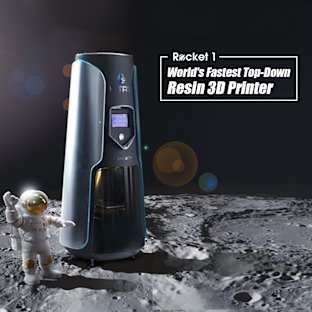![]()
Clean Ocean has developed a prototype that REMOVES OCEAN PLASTIC. The device collects trash, not only at the SEA-SURFACE but also UNDERWATER.
![]()
Rick-Ernest Bonnier- Inventor of the Ocean Cleaner Device
Rick-Ernest has invented a revolutionary machine to collect underwater and sea-surface plastic from the ocean, without hurting marine life.
![]()
About the Project:
Internationally the device will be an enormous help in cleaning the planet, and will benefit many countries around the world. This project will create jobs, improve tourism, protect livelihoods, and at the same time clean our beautiful oceans, giving marine life a second chance to live peacefully again. The project will educate governments, organizations, and schools, about the dangers of plastic pollution -and promote recycling instead of dumping. Everyone loves being in a clean ocean to snorkel, dive, and swim. If we do not protect our oceans from pollution, not only will animals suffer, but we will lose our tourists, and negatively impact local communities, livelihoods, and future generations around the world.
![]()
Where Are We Now?
The project is at prototype level and, by reproducing ocean conditions in an aquarium, we can prove that the device works. To date the device has taken 100% of plastic in less than 2 minutes, both on the surface and underwater. We are currently adjusting the device to work in a pool containing 14400 liters of water, and it is working well.
Rick-Ernest has been self-funding the project so far -but now he needs your help!
"The funds will help us to finalize the device and begin cleaning the ocean. We would really like more resources, more equipment, and more consistent funding, to help save our oceans!"
Methodology:
The Ocean Cleaner Device works in two ways: on the surface and under water
On the surface
The device uses a combination of magnetic force and water movement. We have found a way to create a magnetic force that, when exposed to water movement (tide, current, waves), will attract plastic only. The Plastic Attraction Unit attracts that expel this source of energy will attract the plastic floating on the ocean surface. Once there is a large amount of plastic concentrated around the boat platform, it is collected using a elevation system -trash will then be directed to a large container on the boat.
![]()
Underwater
The second part of the Ocean Cleaner Device uses the same sources of energy. The Plastic Attraction Unit attracts plastic underwater. Once the plastic has been moved to the surface, it can be collected by the same elevation system to the boat.
![]()
Neither method hurts marine life.
A Quick Tour of the Workshop:
How Will the Project be Carried Out?
There are two possible executions for this project: moving and stationary.
Moving
We visit particular sites for cleaning. We use secondary data from studies and reports investigating marine debris sites, and identify the worst plastic pollution locations.
Stationary
We anchor the device at a specific site, where it will continuously collect plastic. This is suitable for areas in which water movement is strong.
What Will You Get in Return?
As well as knowing you have done something amazing for the ocean and the planet, you will receive a specially numbered contributor certificate, signed personally by the inventor and founder of Clean Ocean, Rick-Ernest Bonnier.
There's also a chance for a few of our lucky contributors to visit us on site and witness the live cleaning of the ocean!
Did You Know?
-The ocean covers around 72% of the planet's surface and contains 97% of Earth's water.
-It is believed that less than 5% of the world's oceans have been explored.
-The oceans are a significant source of oxygen for our planet, and are vital in the capture and storage of carbon dioxide.
-Marine life provides food, medicine, and supports livelihoods.
-In 2014, the ocean economy contributed more than $352 billion to the U.S. GDP alone, and supported 3.1 million jobs (National Ocean Service).
-Tourism and recreation account for 72 percent of the ocean economy's total employment (National Ocean Service).
-80% of our land pollution ends up in the ocean and if we don’t do anything, it will lead to scarcity of ocean food and mass unemployment.
-In 1975, it was estimated that cargo ships and cruise ships had dumped 14 billion pounds of garbage into the ocean (National Academy of Sciences).
-Over 1 million seabirds and 100,000 sea mammals are killed by pollution every year.
Please don’t hesitate to share this to your friends and family, and don’t hesitate to contact us if you have any questions.
Thank you for helping us to save the ocean!
Rick-Ernest Bonnier and the Clean Ocean team






























































